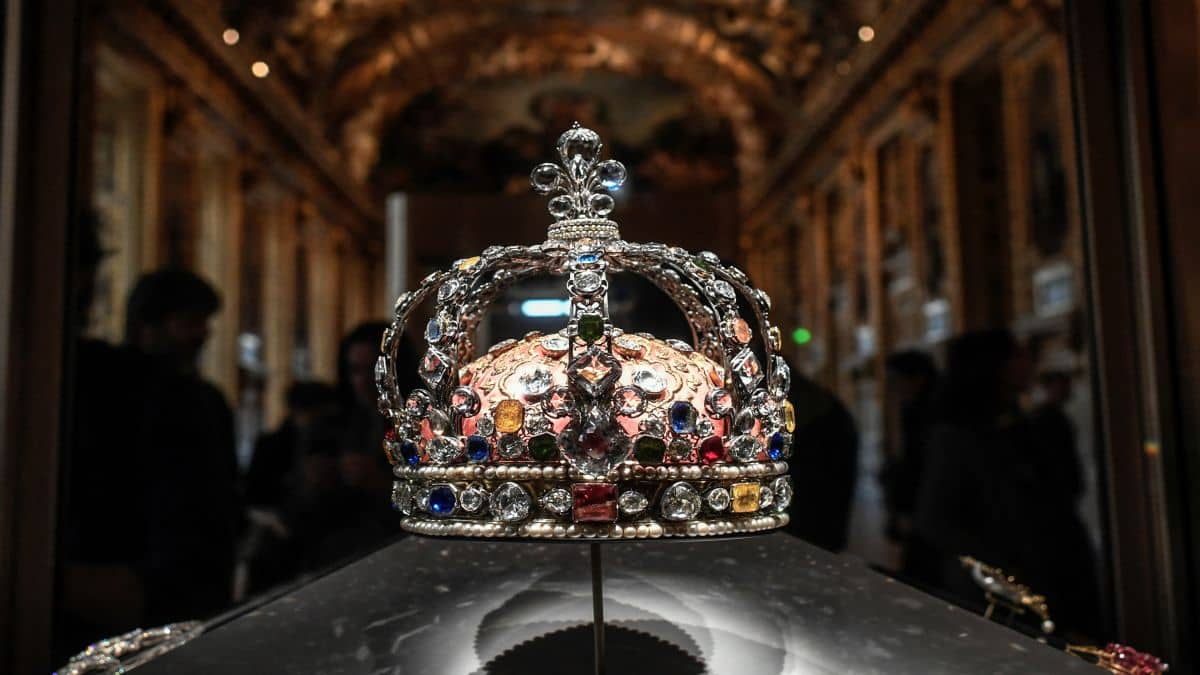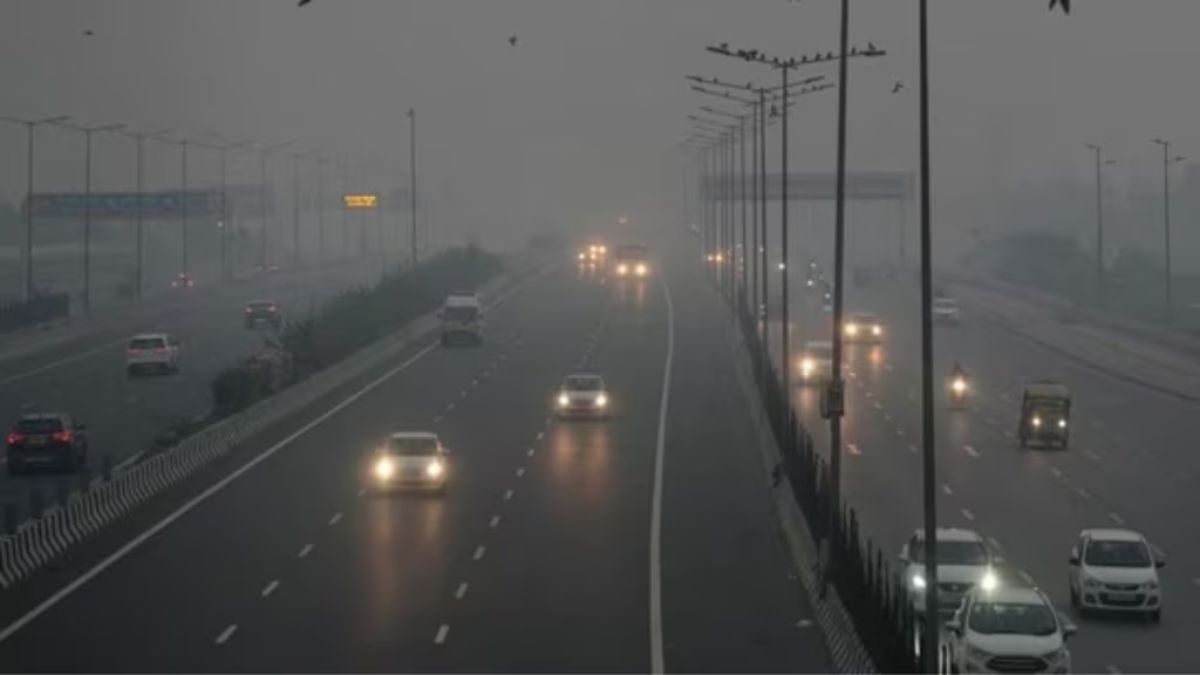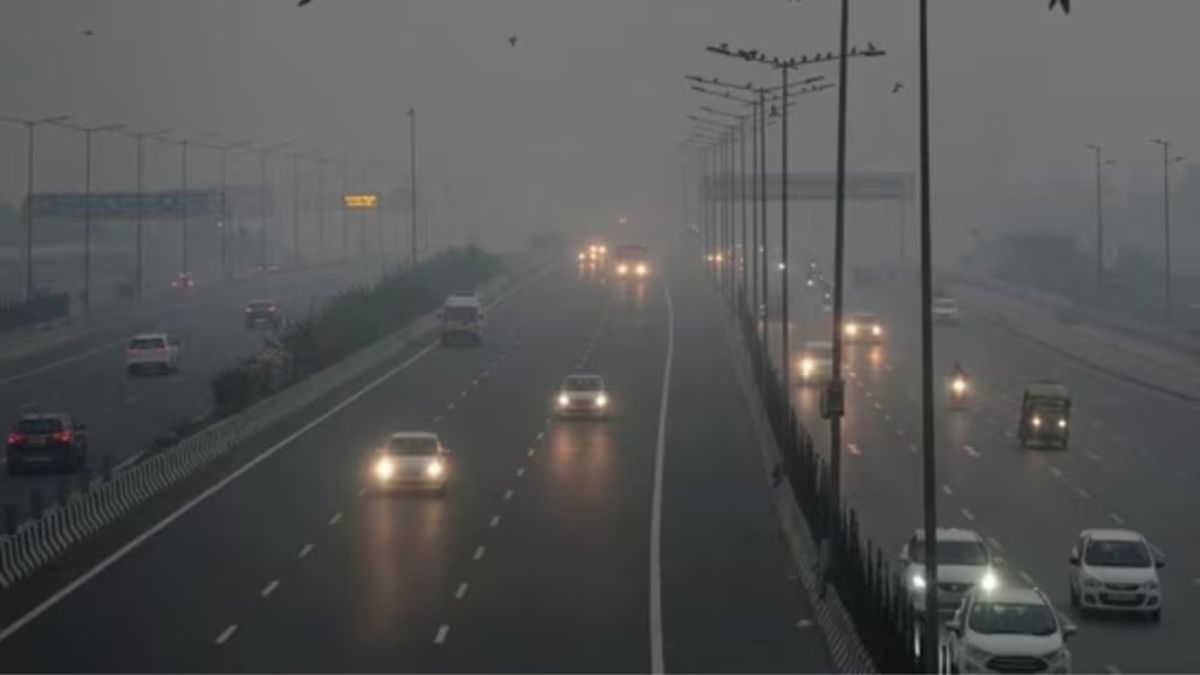A Belgian court has cleared the way for the fugitive businessman and diamantaire to be sent back to India. Choksi, 65, is wanted in India in connection with the Rs 13,500 crore Punjab National Bank fraud case.
The development came a month after the Ministry of Home Affairs (MHA) sent a letter to Belgian authorities describing how Choksi would be treated in an Indian jail. The MHA assured Belgian authorities that conditions are on par with international human rights standards.
The court had earlier turned down a bail plea from Choksi, who has been under arrest in Antwerp since April. Choksi’s lawyers had argued that his health did not permit him to be held by the authorities. New Delhi has been attempting to get Choksi extradited to India since 2018.
But what happened? And what next for Choksi?
Let’s take a closer look.
What happened?
A court in Antwerp said there are no obstacles in sending Choksi back to India. The court, in its October 17 ruling, said there is no ‘legal barrier’ to prevent Choksi from being extradited to India. The court said the charges against Choksi are ‘serious enough to justify’ this move.
The court noted that Choksi is an Indian national and not a Belgian citizen. Sources have said that Choksi continues to remain an Indian citizen because he hasn’t renounced his Indian citizenship – which is mandatory under the law.
The court said that the offences cited by India against Choksi including fraud, forgery, document falsification, and corruption are also considered crimes under Belgian law.
“The cases registered in India fall under sections 120B, 201, 409, 420, and 477A of the Indian Penal Code (IPC), as well as sections of the Prevention of Corruption Act, all of which carry imprisonment of more than one year," the court held.
The court further said that Choksi’s role in these offences could involve participation in a criminal gang, fraud, corruption, as well as the use of forged documents – which are all considered serious offences. However, it noted that one of the charges from India, the destruction of evidence under Section 201 of the IPC, is not recognised as a crime under Belgian law, and so the extradition cannot be granted on that specific count.
The court stated that the alleged offences occurred between 31 December 2016 and 1 January 2019. It noted that the statute of limitations had not expired – either in India or Belgium.
While Choksi’s lawyers had claimed that he had been abducted from Antigua to Dominica and faced political persecution and inhumane treatment in India, the Belgian court ruled that it found “no concrete evidence” of the same.
The court, citing details provided by the Ministry of Home Affairs (MHA) in its letter dated 4 September, 2025, penned by Joint Secretary Rakesh Kumar Pande, noted that Choksi will be lodged in Mumbai’s Arthur Road Jail at Barracks No. 12 and the facilities it contained.
Though Choksi’s lawyers presented the court with expert reports, international references, and various documents in his defence, the court said these were not directly relevant and failed to establish any real personal risk.
The court also dismissed claims from Choksi’s lawyers that India’s judiciary lacks independence or that media coverage would prevent a fair trial. It said such fears were unfounded and ruled that public and media interest in a major financial fraud case is natural and as such does not infringe upon Choksi’s right to a fair trial.
What next for Choksi?
Choksi now has the right to appeal the order. He can petition the Belgian Supreme Court within the next fortnight.
“The Court of Appeals in Antwerp, Belgium, issued a preliminary judgment today, rejecting Mehul Choksi’s appeal against extradition. This is a win and the first step towards his extradition. He may now appeal against this order before the Belgian Supreme Court in the next 15 days,” an official said on condition of anonymity.
“The order has come as a strong validation for India’s case seeking his extradition, with Choksi having the option of appealing against the decision in the Supreme Court in Belgium,” they said.
“The order has come in our favour. The court has termed his arrest by the Belgian authorities on India’s request valid. The first legal step in getting him extradited is now clear,” a senior official said.
India has an extradition treaty with four dozen countries including Belgium (since 1901). Under this treaty, people can be extradited if their alleged offence is indictable in both jurisdictions – a concept known as ‘dual criminality’.
However, the treaty forbids extradition in case the crime is of a political nature or if a person can prove that he or she is being persecuted for political reasons. India also has extradition arrangements with around a dozen countries including Antigua and Barbuda.
Choksi had fled India on 2 January 2018 for Antigua and Barbuda in the Caribbean where he had taken citizenship the previous year. Choksi, who left the country days before the FIR was filed, is wanted by both the CBI and the Enforcement Directorate.
He shifted to Belgium, where his wife is a citizen, for cancer treatment in 2024. He was arrested in April after Belgian authorities acted on a warrant issued by the CBI. His nephew, Nirav Modi, is also accused of being involved in the fraud. Nirav, who is in a London prison, is also facing extradition proceedings.
“Since the accused companies did not repay the amount availed against the said fraudulent LoUs and FLCs, PNB made the payment of $965.18 million (Rs 6,344.97 crore), including overdue interest, to the overseas banks, which had advanced buyer’s credit and discounted the bills against the fraudulent LoUs and FLCs issued by the PNB,” the CBI’s supplementary chargesheet in the PNB bank fraud case alleged.
With inputs from agencies


)

)
)
)
)
)
)
)
)



